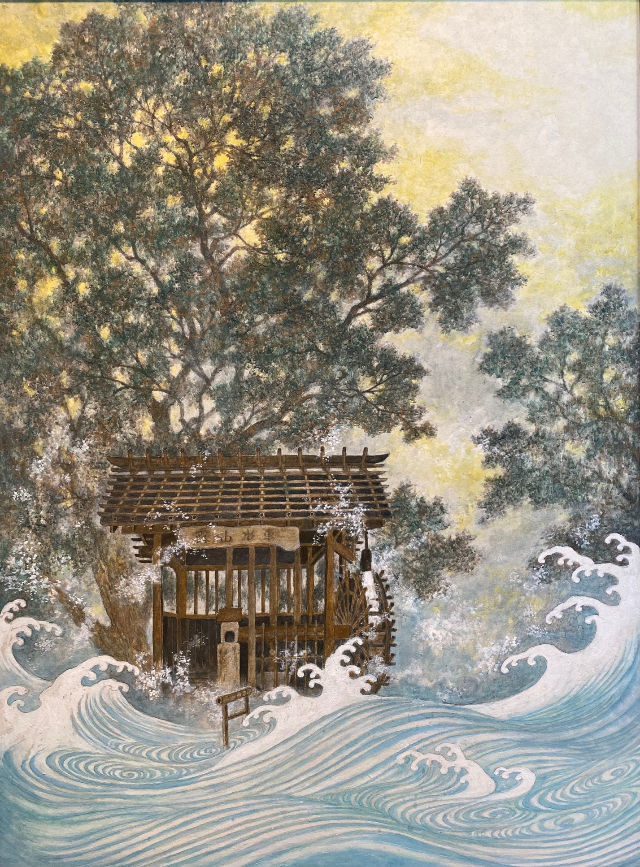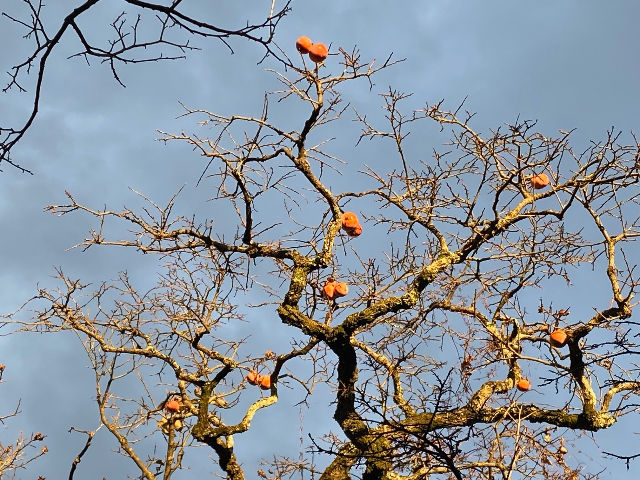CHANGING MY IDENTITY
- Rebecca Otowa
- May 30, 2021
- 5 min read

Identity is a funny thing. When you are young, you don’t have much idea of it, and in the first part of your life a lot of energy is taken up with forming it, forging it, and deciding which things will be part of your identity and which will not. For the purposes of this essay, I will define “identity” as the sum total of the various ideas we have of ourselves.
For example, I grew up in a household that was, for the most part, egalitarian and democratic. My dad had a Black man as a friend, a former Army buddy, and they sometimes visited us – my sisters and I playing warily, but eventually comfortably, with his kids. They lived in Watts, LA, where just a couple of years later, ferocious race riots would erupt. I remember being very concerned about the safety of the Wilsons as we kept track of the riots from our mostly Republican neighborhood of Orange County. In this way, bigotry and prejudice never became part of my identity.
We may inherit parts of our identity from our parents, or we may go in quite another direction. My mother was a very squeamish and frightened cook, and insisted that all knives in the kitchen be very dull because she was afraid of cutting herself. Likewise, the dishes we used were all plastic and unbreakable. Later, when I moved to Japan, home of really good knives, I realized that sharp knives are actually safer than dull ones, because not so much pressure is necessary. Of course I cut myself with my lovely sharp knives, which are, to this day, sharpened to a razor edge by my husband with his trusty sharpening stone (we even took it, along with the knives, to Germany when we lived there for 6 months). But their efficiency makes it worth it. I also never use plastic dishes of any kind. With so many beautiful and aesthetically pleasing ceramic pieces in our home, why would I? Thus my mother’s kitchen fears had the opposite manifestation in my own identity.
Sometimes we realize parts of our identity rather late in life. Only six years ago, I came across the book “Quiet” by Susan Cain. It resonated with me immediately, and I started honoring my introversion in all its forms – leaving functions early, begging off big parties, taking people in small doses (especially strangers), and maintaining my opinions silently rather than shouting them from the rooftops. I had discovered a piece of myself that I had not been aware of, and it felt better once I had acknowledged it instead of thinking of it as a liability and berating myself for being this way.
Here are a few other things that I believe make me ME:
I am creative.
I love colors and even at the risk of being stared at, I make it a point to use colors as much as possible in my life.
I’m not really interested in makeup, hair, and clothes. This has saved me a lot of time and money over the years!
I think of myself as humorous, and like to insert “zingers” into a conversation, especially in a group – that has become my way of contributing, because making people listen to me talk for a long time is uncomfortable and I become tongue-tied.
The really interesting thing about identity is that as soon as it is fully formed, it is usually time to change some or all of it. This is part of what is known as the Midlife Crisis. When we suddenly get depressed, feeling our lives are futile and meaningless, it is time for us to make a change. This may mean taking the risk of changing a big part of our identity. If we elect not to change it, it may well become fossilized and turn into, not an enhancement of ourselves, but something of a jail sentence.
During COVID, many of us have had to change our thinking. We may have felt very proud of our freedom and independence – they have become part of our identity. Suddenly we were being asked, or forced, to act for the good of the whole, as in wearing masks, lockdown, or social distancing. Some of us rose to the challenge, while others kept insisting on their freedom. Many of them found out that that meant freedom for them or their relatives to get sick. I heard of people who negated the existence of COVID even as they expired from it!
A recent occurrence in my own life has made me aware of a possibly obsolete feature of my identity. In 2019 I accepted a request to edit, as a volunteer, an anthology for a writers’ group. I knew this would mean a lot of IT knowledge to take on, and I stipulated that someone else would have to do the nuts-and-bolts layout and publishing as I was not prepared for it. Why? Because my identity as it is now includes a certain reluctance to work with digital devices. When my job as a University English teacher began to include an uncomfortable amount of time spent on the computer, I decided it was time to retire.
I can get around pretty comfortably in most familiar digital areas, but I shy away from learning new things, especially if they don’t seem necessary. It seems to me that where technology is concerned, “You can do X on the computer” has become “You have to do X on the computer” in an insultingly short time. Part of my identity is to consider myself old school, analog rather than digital. I still enjoy things like handwriting, sending things by post, and baking from scratch. I resent it when I ask someone a question, to be told, “You can Google that.” But I wanted to initiate a conversation as much as I wanted information. My life is firmly planted in the material world, not the virtual world.
So in refusing to learn technical stuff for the Anthology, I cut myself off from a new experience that seemed risky but might have had positive results. Working on the layout with a publisher has been one headache after another, as I and my trusty co-editor struggle with various software and OS problems. Layouts change in the blink of an eye, or the push of a button. Carefully organized spacing goes right out the window (or Windows?). “This and that are incompatible” has become a daily nightmare. It couldn’t have been more difficult or challenging to learn various new software and do the layout myself. Now I wish I had had the courage to do that at the beginning.
If you have a chance to challenge a part of your identity, do it, is my advice. You may fail, but if you don’t try at all, you may never know if you could have succeeded. Change is very important, in fact it may be the only constant we have.



Well said Rebecca. I believe we can't escape changes in life so we should make the best of them. The pandemic situation has resulted in a lot of frustration but also of compassion for fellows humans. Changes can be very positive in one's life so we should face them rather immediately refusing them. Personally I welcome the challenges of changes in life because there are always positive aspects in them in the long run.